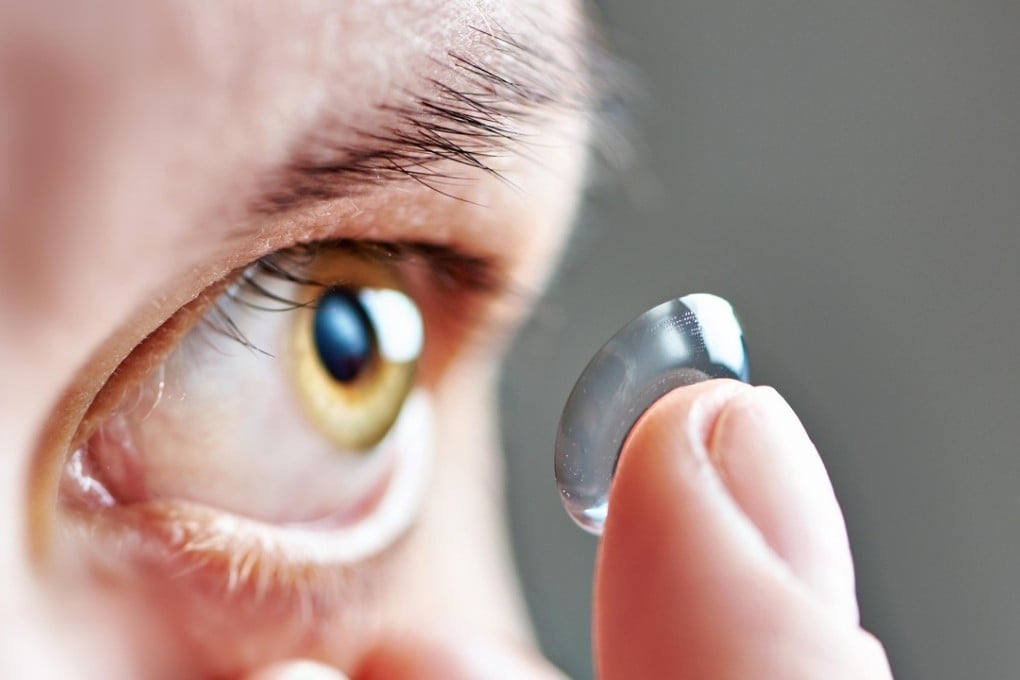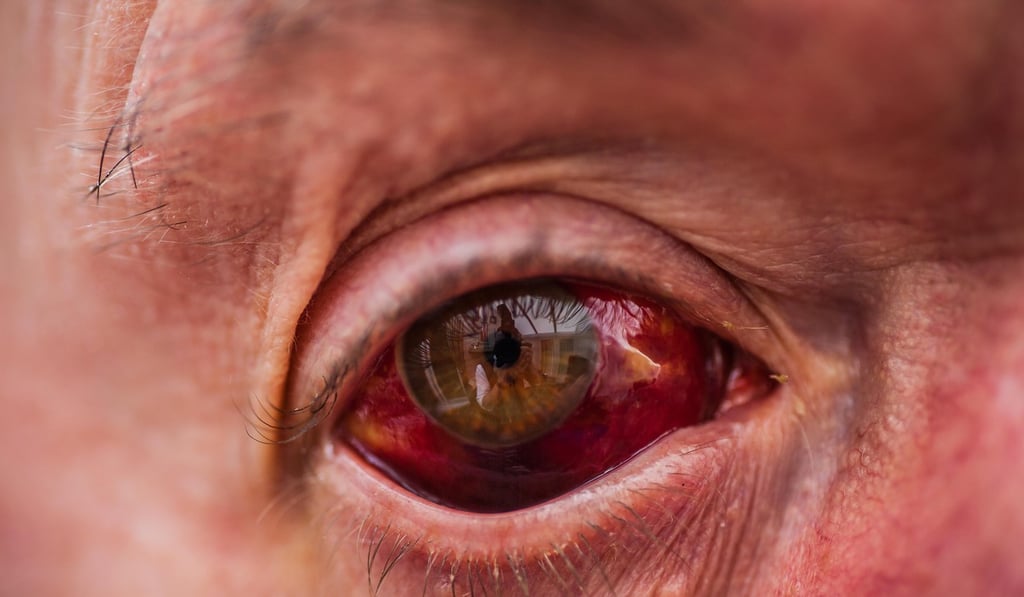10 bad contact lens habits, and how to avoid eye infections and other sight problems
If you don’t take care of your contact lenses and general eye health, it can lead to severe problems. Eye experts describe the worst mistakes and how you can avoid them

While contact lenses are more comfortable and breathable than ever, using or storing them incorrectly may harm your eyes.
With today being World Sight Day, there’s no better time to find out about bad lens habits, and how to stop them.
1. Sleeping with your contact lenses in
Unless your lenses have been fitted for overnight use (and most are not), you should never sleep with them on, says Andy Meau, an optometrist at iSight Optometric Eye Care Centre in Central. It limits the amount of oxygen entering the eyes and can lead to dryness, eye infections and corneal ulcers, which in severe cases can cause blindness.

2. Wearing contact lenses when your eyes are red